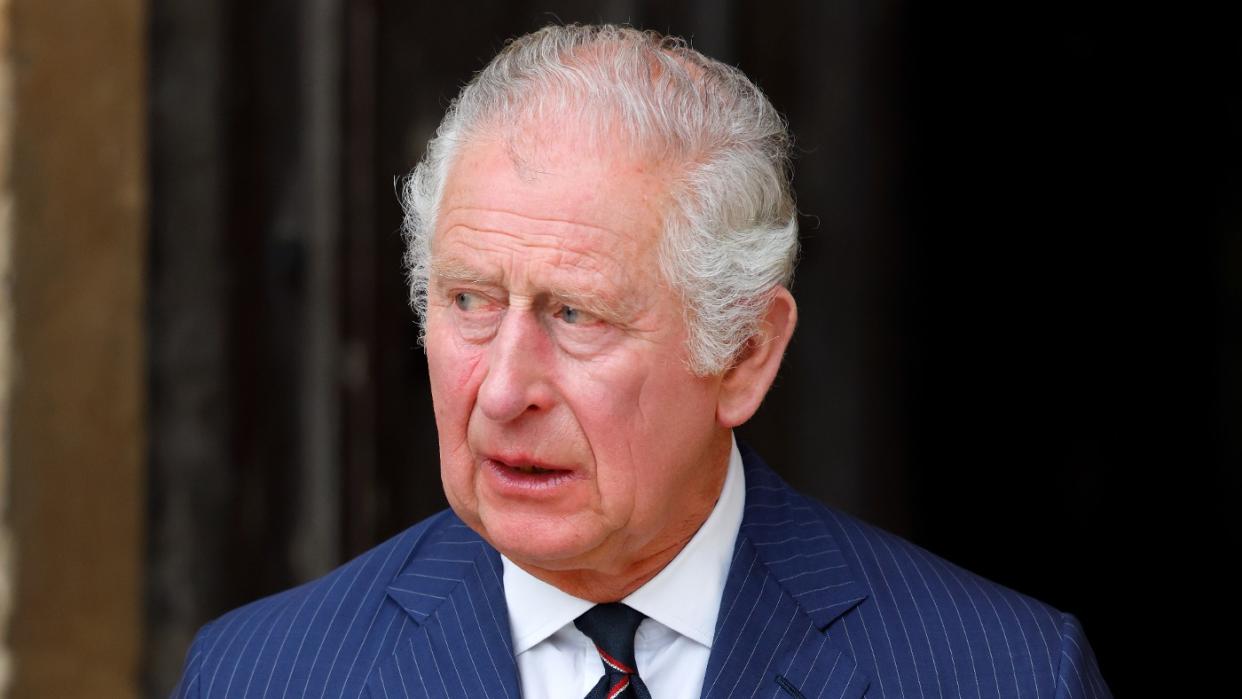The Regency Acts: what happens if King Charles can't perform his duties

As the nation absorbs the news of King Charles's cancer diagnosis, what happens if he becomes unable to fulfil his constitutional duties is another concern.
"Much of his private work will continue," according to the BBC's political editor Chris Mason, and the monarch will still "receive his red boxes, the daily exchange of paperwork at the heart of his role".
It is also thought that his weekly meetings with the prime minister will continue during his treatment. But if the King were to become seriously ill, a piece of legislation called the Regency Act could come into play.
What is the Regency Act?
The Regency Act of 1937 was introduced during the reign of King Charles's grandfather, King George VI. It states that if the monarch "by reason of infirmity of mind or body" is "incapable for the time being of performing the royal functions”, a "Regent" would be appointed to take their place until they have recovered.
The act also states that if the throne passes to someone aged under 18, a regent is appointed to rule for them until they reach the age of 18.
The sovereign "does not control when or for how long a regency occurs", said academic and lawyer Anne Twomey on The Conversation. Instead, it must be declared in writing by three or more out of the following: the sovereign’s spouse, the lord chancellor, the speaker of the House of Commons, the lord chief justice of England and the master of the rolls.
The UK’s Regency Act rules that Prince William would currently be regent, as he is the next adult in line of succession to the crown. The regent has the powers of the King with regard to the UK, but cannot change the order of succession to the crown.
What about counsellors of state?
King Charles could delegate some or most of his functions to counsellors of state, as he has already often done when travelling overseas. Two counsellors of state act jointly in exercising royal powers such as assenting to laws, receiving ambassadors and holding Privy Council meetings.
Counsellors of state have sometimes carried out important royal functions. In February 1974, the Queen Mother and Princess Margaret declared a state of emergency and dissolved Parliament. However, counsellors of state can no longer dissolve Parliament, except on His Majesty's express instruction.
Have the rules been changed?
Yes. In 1953, following the succession of Queen Elizabeth, a significant tweak was made that allowed the Duke of Edinburgh to rule as regent should one of their children ascend the throne as a minor, said Royal Central.
In 2022, King Charles announced that he would be asking Parliament to amend the Regency Act to increase the number of counsellors of state who can conduct official public business while the monarch is overseas or otherwise indisposed.
His decision to add Princess Anne, the Princess Royal, and his younger brother, Prince Edward, to the list of counsellors of state was a "generous spirited recognition of the services" that they had "undertaken for decades", said The Spectator. But it was less good news for Prince Harry and Prince Andrew, who will not be called upon as they are no longer "working royals".
The King's request was debated by both the Lords and the House of Commons before being passed into law.
Will a regent be needed?
It is too early to tell, but the messages from Buckingham Palace have been positive. In a statement, the royal household said that although "a number of the King's forthcoming public engagements will have to be rearranged or postponed", he remains "wholly positive" and "looks forward to returning to full public duty as soon as possible".
The Prince of Wales is expected to cover some of his father's engagements while the King receives treatment for cancer.


